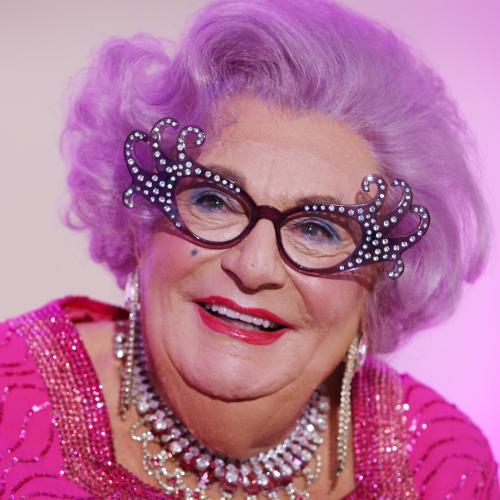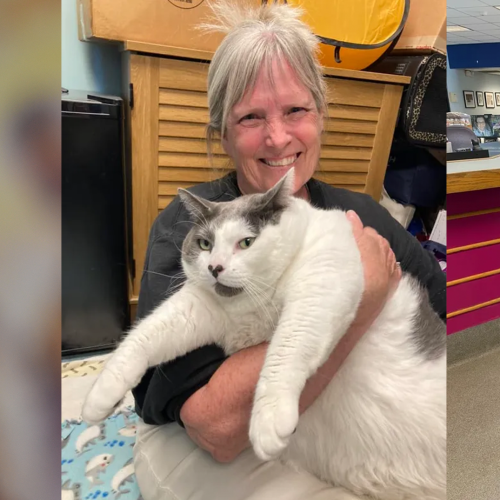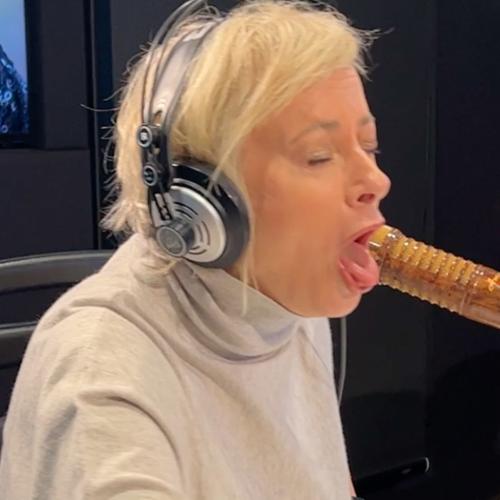Mattel’s new Barbie doll with Down’s syndrome is a significant step forward for diversity and inclusion in the toy industry. The doll was created in collaboration with the National Down Syndrome Society (NDSS) to better represent women living with the condition. The Barbie has a shorter frame and longer torso, and her facial features include a rounder face, smaller ears, a flat nasal bridge, and almond-shaped eyes, which are generally associated with Down’s syndrome.
The first Barbie doll with Down syndrome has been unveiled.
The release of the new design “continues to expand on inclusion in doll play,” says Lisa McKnight, the global head of Barbie and Dolls for toy maker Mattel. pic.twitter.com/9KsNXlBfmD
— The Associated Press (@AP) April 25, 2023
The doll also has one single line on her palm, a characteristic often associated with the condition. Her pink necklace is made up of three upward chevrons, which represent the three copies of the 21st chromosome that cause the characteristics associated with Down’s syndrome. The Barbie’s blue and yellow dress with a butterfly pattern represents the colours associated with Down’s syndrome awareness.
One of the most significant aspects of the doll’s design is that she wears pink ankle foot orthotics, also known as AFOs, which are used in the US for children with Down’s syndrome. While not all people with Down’s syndrome wear them, Mattel opted to represent this adaptive equipment by including them as accessories for its doll. This decision is a significant step forward in promoting inclusivity and representation for children with disabilities.
The release of this Barbie doll is part of Mattel’s inclusive Fashionistas collection, which also includes dolls with braces and prosthetic legs. Lisa McKnight, the Executive Vice President and Global Head of Barbie & Dolls, Mattel, has stated that the goal of the collection is to enable all children to see themselves in Barbie, while also encouraging them to play with dolls who do not look like themselves. This approach to doll play can teach understanding and empathy, leading to a more accepting world.
The Barbie doll with Down’s syndrome has received a positive response from the Down’s syndrome community. Ellie Goldstein, a British model with Down’s syndrome who has worked with Vogue, Gucci, and Adidas, expressed her joy at seeing the new doll. Kandi Pickard, the president and CEO of NDSS, said that it was an honour to consult on the doll’s design, and Carol Boys, the Chief Executive of the UK Down’s Syndrome Association, welcomed the addition of the doll to the Fashionista line, stating that it will allow children in the Down’s syndrome community to play with a doll that represents them and their lives.
#Barbie manufacturer Mattel announced their first-ever doll with Down syndrome as the brand seeks to expand the doll’s diversity and representation. 👀 pic.twitter.com/CRomXWijWL
— No Jumper (@nojumper) April 25, 2023











